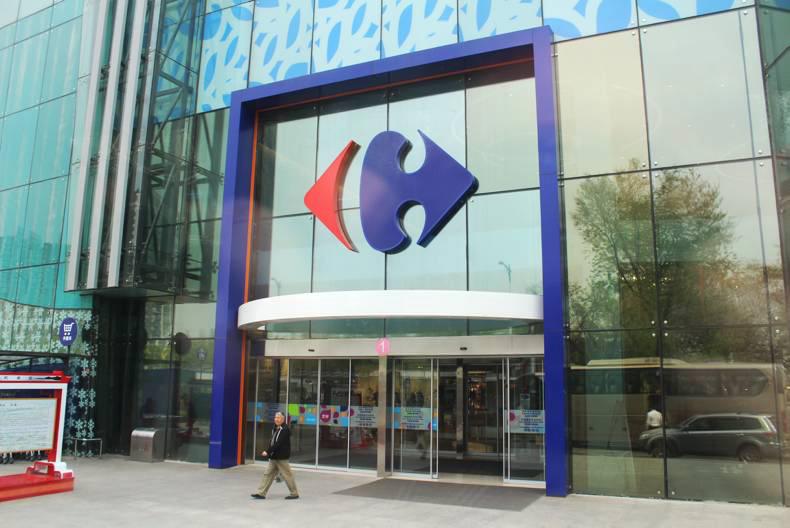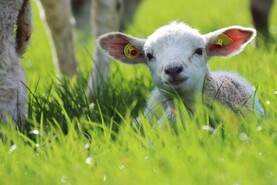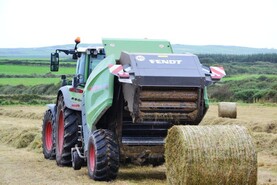The 12th EU-China business summit was held in Brussels on Thursday and Friday this week. This is the latest round of discussions in a process that started in 2013, with the launch of an EU China Investment Agreement discussion.
Two events have given a greater focus than usual to this week’s summit. It was somewhat overshadowed on Thursday night by President Trump announcing that he was withdrawing the USA from the Paris Climate accord, saying his focus was on Pittsburgh, not Paris. China and the EU were at one criticising this action.
The second is the consequence of Brexit. It has given the EU a new impetus in progressing trade arrangement with other global blocks, in a way to demonstrate business as usual, but also to send a subtle signal to the UK that the remaining member states will be the greater trading power internationally post Brexit.
Trade Commissioner Cecelia Malmstrom addressed the summit: “Sound economic development, trade and investment require respect for the rule of law, with independent Judges and lawyers that can operate freely and independently,” she said.
EU China trade talks
These business summits are the preparatory work that is hoped to eventually lead to an EU-China free trade negotiation. Ireland has a particular interest in this space, because assuming we get approval to supply beef to China, it will be subject to a 12% tariff, the same as Brazil, Uruguay and Argentina.
Australia, who compete with Brazil as main supplier of beef to China, negotiated a free trade deal with China that will see them move to a 0% tariff over a nine-year period. China is already a huge customer for dairy and pig meat products that would also benefit from a reduced tariff arrangement.
Read more
JBS sends Brazil into turmoil
EU-US trade deal still on hold
The 12th EU-China business summit was held in Brussels on Thursday and Friday this week. This is the latest round of discussions in a process that started in 2013, with the launch of an EU China Investment Agreement discussion.
Two events have given a greater focus than usual to this week’s summit. It was somewhat overshadowed on Thursday night by President Trump announcing that he was withdrawing the USA from the Paris Climate accord, saying his focus was on Pittsburgh, not Paris. China and the EU were at one criticising this action.
The second is the consequence of Brexit. It has given the EU a new impetus in progressing trade arrangement with other global blocks, in a way to demonstrate business as usual, but also to send a subtle signal to the UK that the remaining member states will be the greater trading power internationally post Brexit.
Trade Commissioner Cecelia Malmstrom addressed the summit: “Sound economic development, trade and investment require respect for the rule of law, with independent Judges and lawyers that can operate freely and independently,” she said.
EU China trade talks
These business summits are the preparatory work that is hoped to eventually lead to an EU-China free trade negotiation. Ireland has a particular interest in this space, because assuming we get approval to supply beef to China, it will be subject to a 12% tariff, the same as Brazil, Uruguay and Argentina.
Australia, who compete with Brazil as main supplier of beef to China, negotiated a free trade deal with China that will see them move to a 0% tariff over a nine-year period. China is already a huge customer for dairy and pig meat products that would also benefit from a reduced tariff arrangement.
Read more
JBS sends Brazil into turmoil
EU-US trade deal still on hold






 This is a subscriber-only article
This is a subscriber-only article














SHARING OPTIONS: